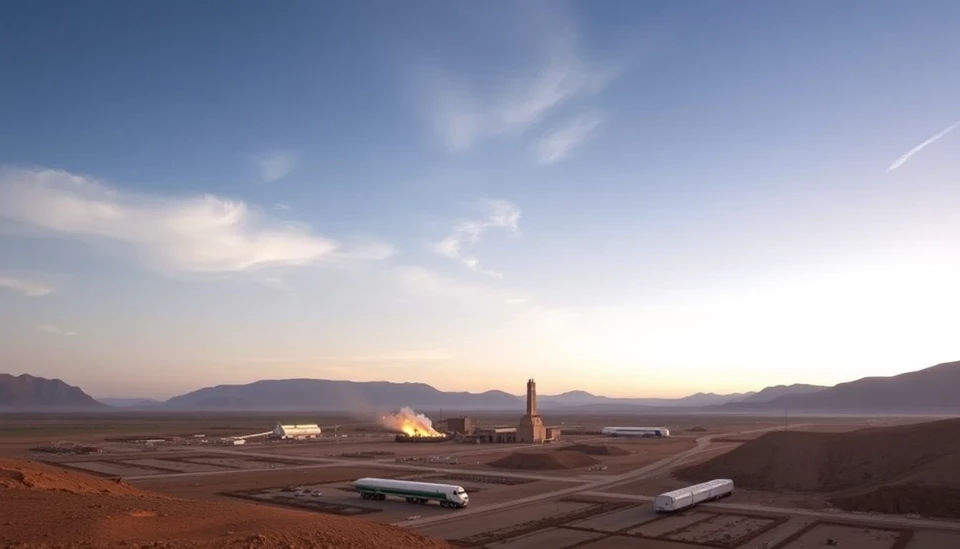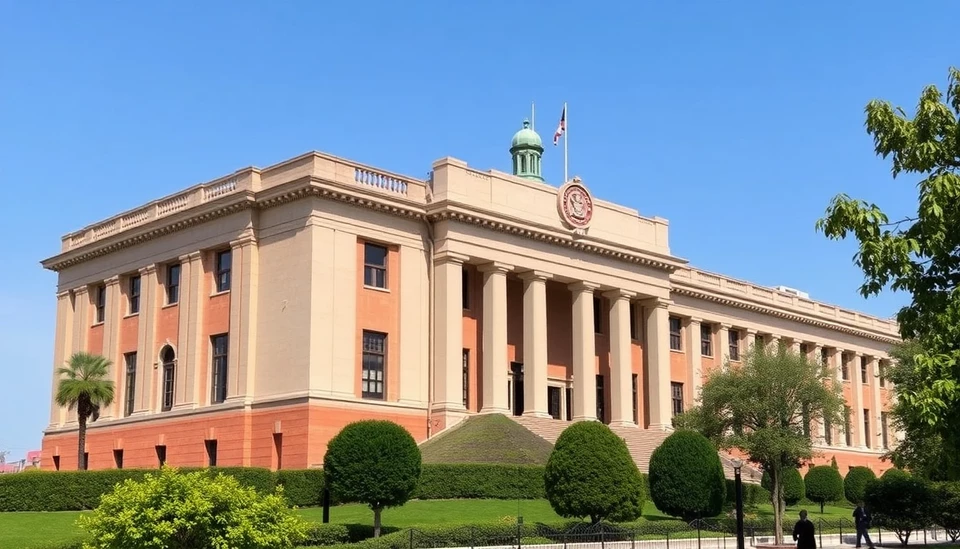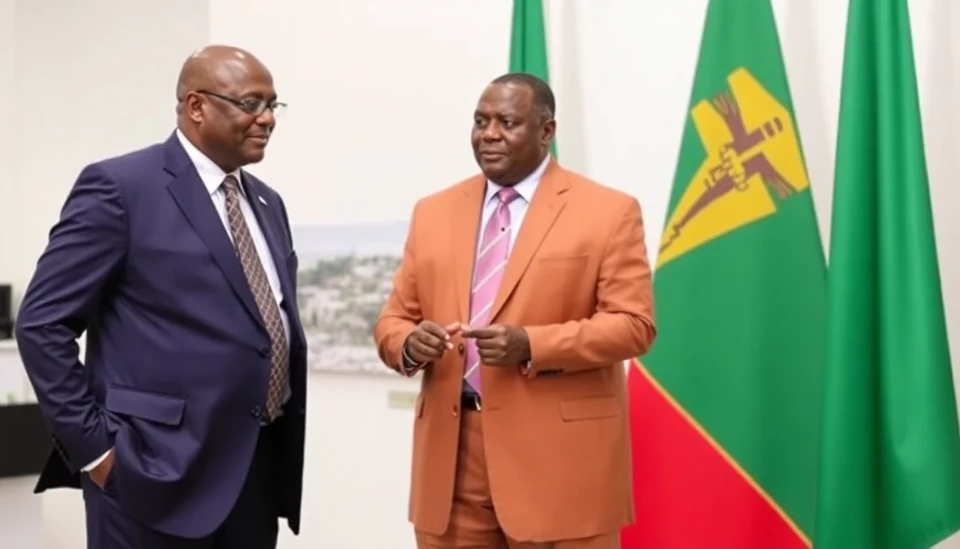
Zambia, a country rich in copper resources and known as one of the largest producers of the metal in Africa, is setting its sights on the United Arab Emirates (UAE) and Saudi Arabia for crucial financial backing to bolster its copper mining sector. This initiative is part of an extensive push to modernize and expand its mining operations, catering to the growing global demand for copper, particularly in the wake of the green energy transition.
The Zambian government has already engaged in discussions with various stakeholders in the UAE and Saudi Arabia, emphasizing the potential investment opportunities within its copper-rich regions. This outreach comes at a time when Zambia aims to ramp up its copper production amid a significant global market shift towards renewable energy sources, where copper plays a pivotal role due to its excellent conductive properties.
President Hakainde Hichilema has been at the forefront of this initiative, recognizing the strategic importance of attracting foreign direct investment. During a recent visit to the region, he highlighted Zambia’s commitment to fostering a favorable investment climate and reiterated the country’s potential to serve as a key supplier of copper to international markets. Hichilema’s administration is also focused on reforms aimed at enhancing the mining sector's efficiency and sustainability.
The UAE and Saudi Arabia, both of which are looking to diversify their economies beyond oil, have shown keen interest in investing in sectors that promise high returns. Their potential partnership with Zambia could lead to the establishment of new mining projects and the advancement of existing operations, with the aim of significantly increasing production capacity.
Experts suggest that expanding copper production is not only crucial for economic growth but also for Zambia's energy sector, as the country seeks to capitalize on the boom in electric vehicle production and renewable technologies that require extensive quantities of copper.
Zambia currently produces over 800,000 tons of copper annually, with aspirations to elevate this figure significantly. The government’s ambition is to reach a target of 3 million tons by 2030. This goal aligns with global trends where the demand for copper is projected to increase substantially as the shift towards electrification and renewable energy sources accelerates.
Furthermore, the involvement of UAE and Saudi Arabia could bring in advanced technology and expertise which are essential for exploring and extracting this vital mineral. Local stakeholders in Zambia have expressed optimism about establishing strong global partnerships that will not only facilitate investment but also boost local job creation and contribute to sustainable community development.
As discussions progress, the Zambian government is anticipated to outline potential incentives and frameworks to ensure that investments from the Gulf Cooperation Council (GCC) nations are both attractive and beneficial to local stakeholders, ultimately leading to a prosperous and sustainable mining industry in Zambia.
The future of Zambia’s copper industry rests on these strategic alliances, marking a significant chapter in the country’s economic development as it looks towards a resource-based, sustainable economic model that leverages its abundant mineral wealth.
#Zambia #CopperExpansion #UAE #SaudiArabia #Investment #Mining #SustainableFuture #GreenEnergy
Author: Samuel Brooks




